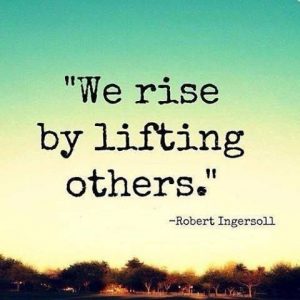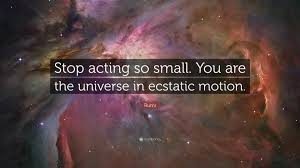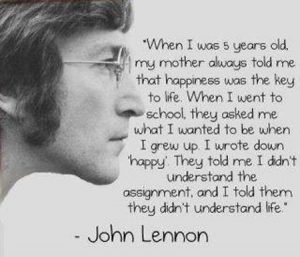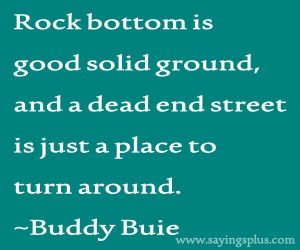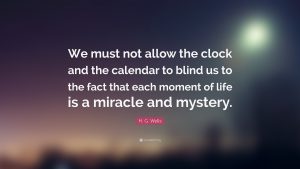I didn’t get an award yesterday for what I did, but it felt good and that counts for a lot. So, I’m not complaining.
I went into court wearing my usual bizarre hippie-lawyer clothes. Splashy polka-dot footless tights topped by a knee-length dotted Ann Taylor shift. I told myself that the tiny dots of my dress “read as a neutral” and hence did not clash with the leggings underneath. I threw a white sweater around my shoulders and downsized to a small handbag, and called it quits with the fashion police.
My intention had been announced before the hearing started. Of the six children under the jurisdiction of the Court, I represented only one. My client had been in the care of the Children’s Division for sixteen of her twenty months of life. An unexplained broken collar bone sent her to the system, following her four half-siblings. A sixth child would be born a year later, remaining in her mother’s care but supervised by the state.
We’d passed the federal milestone for moving towards adoption or guardianship. So we came around the table. The judge sat on high, flanked by his clerk and the attorney for the juvenile officer. From left to right: Mom, her lawyer, the CASA volunteer, the Guardian ad litem for five of the kids, myself as GAL for the twenty-month old, one of the fathers, his lawyer, and the caseworker.
Dad number one, God knows where. Dad number two, recently gunned down on a city porch. Dad number four, a quick in-and-out until he gets an appointed attorney.
The caseworker spoke her piece from the stand. Questions from all lawyers came at her like the rapid spray of automatic gunfire. The guardian ad litem for the first four children stood and recommended that their goal be changed to termination of parental rights. She had her reasons: Length of time in care; Mother’s meager progress; the death of one of the fathers. Mother’s head fell into her hands. She wept.
I had been prepared to follow suit as to my client. But I found that I could not. The caseworker’s evidence did not meet the standard for termination, and barring that, I could not recommend proceeding to that end. I found myself inclined to see the mother’s upward climb towards independence, despite a few relapses in her behavior. I know she expected me to condemn her, and I would have on the proper facts But as it was, the attorney for the Juvenile Officer and I both spoke in defense of giving her more time.
It seemed crystal clear to me. For once, I saw the potential for remediation of a mother who had let her train stall far from the station. True enough, she still gets Section 8 housing, food stamps, and other government assistance. But she starts a job on Monday. She got a driver’s license for the first time at age 24. She feeds and clothes her baby, and has overnight visitation with two or three children together each week. She’s taking her medication and had a negative drug screen after three in a row positive for alcohol.
When we left the courtroom, the judge had not yet ruled. But I sensed hope in a place where hope seems all but absent most days. I count that as a win.
It’s the fifteenth day of the forty-fourth month of My Year Without Complaining. Life continues.
